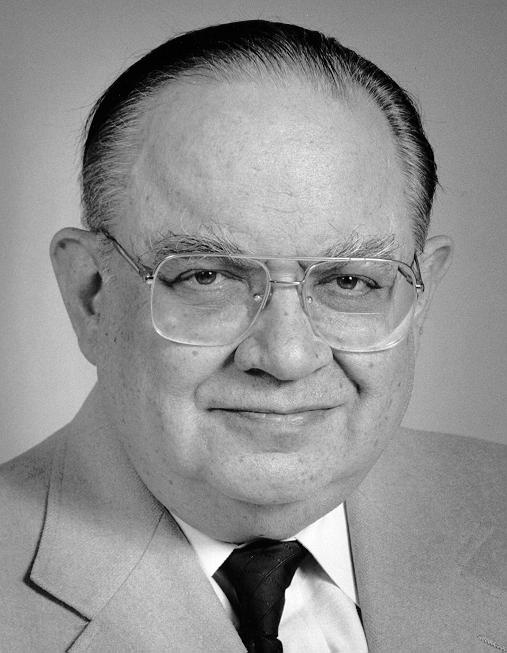

 |  |
RAPAPORT RETIRES FROM STONY BROOK

![]() On October 11, 2000, Felix T. Rapaport, MD, SUNY distinguished
professor (now emeritus) and founder of our Division of
Transplantation, retired after 23 years of dedicated service. A
special convocation, planned for early December, will honor him
for his diverse contributions to the University as a physician,
teacher, administrator, and scholar.
On October 11, 2000, Felix T. Rapaport, MD, SUNY distinguished
professor (now emeritus) and founder of our Division of
Transplantation, retired after 23 years of dedicated service. A
special convocation, planned for early December, will honor him
for his diverse contributions to the University as a physician,
teacher, administrator, and scholar.
Until Dr. Rapaport's arrival at Stony Brook in 1977, Long Islanders in need of a lifesaving kidney transplant were forced to seek services in New York City. More than 400 transplants were performed here during his tenure as chief of the transplantation service.
Dr. Rapaport has long been recognized as a leading force in the field of organ transplantation. Among his many academic accomplishments is the historic first demonstration of tissue types in man, based upon skin grafting studies in which he characterized immunological responses to skin allografts.
In the following 17 years, working along with Dr. Jean Dausset of the University of Paris, he helped develop the human leukocyte antigen (HLA) system, and the definition of the biological laws which govern transplantation in man. For this discovery which laid the scientific foundation for human organ transplantation, Dr. Dausset was awarded the 1980 Nobel Prize for Medicine and Physiology.
Dr. Rapaport did not limit his achievements to the transplant field. He provided the original demonstration of the loss of cellular immunity in severe trauma and burns and in malignant disease. He was also the first to uncover immunological cross-reactivity between mammalian histocompatibility antigens and bacterial cell membrane antigens—a finding of great potential importance in the field of xenotransplantation.
Still another contribution of major import was Dr. Rapaport's demonstration that host resistance to thermal and radiation injury is genetically controlled and sex-linked.
Epitomizing His Profession
Dr. Rapaport has published 20 books and more than 500 scientific articles. As editor-in-chief of Transplantation Proceedings, one of the most influential journals in surgery, he has been for the past three decades—and in his retirement will continue to be—a key factor in fostering the timely dissemination and sharing worldwide of every new scientific advance in transplantation.
A founding officer of the Transplantation Society, the world's leading organization of experts in transplantation biology and medicine (he served as the society's president from 1978 to 1980), Dr. Rapaport has been its permanent international secretary and historian since 1990, and will continue to serve in this capacity.
Over the years, in recognition of his professional achievements and contributions, Dr. Rapaport has received numerous high honors. Among them—to mention just a few—are the Transplantation Society's Medawar Prize, regarded as the ultimate accolade of world transplantation; the first Founders Award of the International Society for Organ Sharing; the decorations of France's Legion of Honor and Argentina's Order of May; and the first Samuel L. Kountz Award of the Howard University Transplant Center and the National Institutes of Health-National Institute of Diabetes and Digestive and Kidney Diseases.
Dr. Rapaport's distinguished career began at New York University where he graduated in 1954, did his surgical residency and subsequently joined the faculty, rising to the rank of professor and director of the transplantation and immunology division in the surgery department there. He then joined our surgical faculty at Stony Brook in 1977, and established the transplantation program.
In 1995, Dr. Rapaport was appointed to a SUNY distinguished professorship—the highest academic rank in the State University of New York, and the first at this rank in the clinical sciences at Stony Brook. In the official communication to Dr. Rapaport of this honor, former SUNY Chancellor Thomas A. Bartlett said, "Our Board of Trustees reserves this distinction for faculty who epitomize their profession and, in doing so, distinguish themselves and honor the State University."
| Back to Departmental News | Return to Home Page |